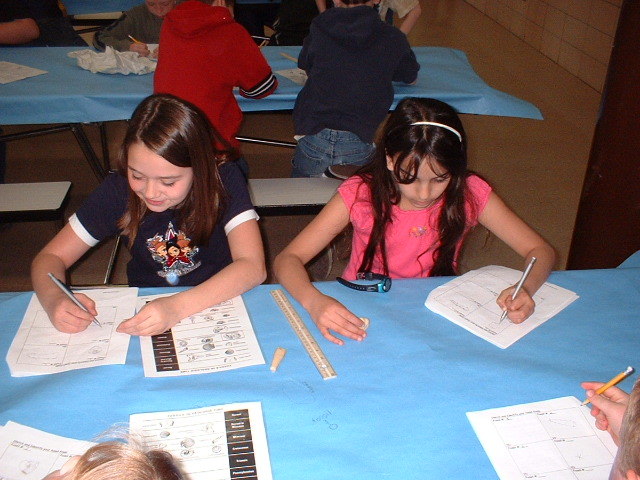In 2013, 298 Virginia families applied for the 72 slots at Arlington Traditional School, a “back to basics” school that has been oversubscribed for years while district leaders have failed to expand or replicate it.
Traditional schools have popped up across the country, often prompted by parents weary of education experiments that leave their kids with little knowledge. They typically emphasize academics and decorum. Parents started Arlington Traditional (ATS) in 1978. It has been oversubscribed for decades. The Arlington County school district has opened Spanish-immersion and Montessori schools, but no additional back-to-basics schools.
“Administrators and principals don’t have much direct incentive to expand successful programs, so often they don’t,” said David Boaz, vice president of the Cato Institute and an Arlington resident. “And the absence of outside competition from charter schools or private choice schools makes it even easier to ignore parental demand for alternatives.”
The ABC’s
Following the ABC (Academics, Behavior, and Character) approach to instruction, ATS has earned National Blue Ribbon awards for academic excellence.
“It’s pretty tried and true,” said Principal Holly Hawthorne. “We try to keep things simple.”
Every child must learn self-discipline, and the school follows the six pillars of character: trustworthiness, respect, responsibility, fairness, caring, and citizenship, Hawthorne said.
“It’s a successful school through design,” said Parent Teacher Association President Neil Pratt. “High expectations feed success.”
Education Permeated with Progressivism
Schools of education and universities have almost wholly adopted progressive approaches, making it the mainstream mode of education, said Louis Chandler, an educational psychology professor at the University of Pittsburgh.
“Education, like any other part of society, is susceptible to fads and current social thinking,” Chandler said. “At some point progressivism began to have a stronger hold on education.”
Most schools of education tell teachers that using traditional methods or emphasizing the basics in instruction will harm students, he said. In his study of private, public, charter, religious, and alternative schools, Chandler found very few schools actually practice traditional instruction, because almost all teachers attend education schools. This means parents often think an institution with “traditional” in its name is living up to that name, but many are not.
“We need to really make a clear distinction between traditional, conservative, or back-to-basics, which rely on things like direct instruction,” Chandler said. Direct instruction is when a teacher explicitly tells students how to solve problems, rather than the progressive approach which tells teachers to let students discover answers and meaning on their own.
United Around a Mission
ATS leaders make their distinct mission very clear during teacher interviews, Hawthorne said.
“They have to buy into [the ABCs] 100 percent right from the very beginning,” Hawthorne said.
Teachers at ATS tend to stay. Hawthorne is only the second principal in the school’s history, and the kindergarten team has been together since the school’s inception.
“We have a great team of teachers who really stick to the core values at each level,” Pratt said. “In education at times you see different approaches. We are unabashedly faithful to the model that we have.”
Parent Involvement
Like many magnet schools, ATS holds a lottery for admissions. Parents who choose to put their child’s name into the lottery are required to tour their neighborhood school.
Pratt has two children, a first- and a fourth-grader, in the school. He said requiring parents to actively choose their child’s school through the lottery does “change the mindset of parents.”
“Particularly in Arlington, there are a lot of very busy parents;… nonetheless, they understand the value of parents supporting their school community.”
ATS sends home weekly written summaries of student progress.
“Parents are their [child’s] first teacher, and parents know their children best,” Hawthorne said. “If the triangle [of parent, student, teacher] is in harmony, the child is more successful.”
Northern Virginia schools are among the highest-performing in the nation. That often makes parents, voters, and lawmakers complacent, Boaz said.
“School choice is not just a good idea in districts with failing schools—it’s a way to get more alternatives and better education even in high-performing districts,” he said. “But parents who are satisfied with their schools don’t tend to push for choice.
Image by Christian Howd.




